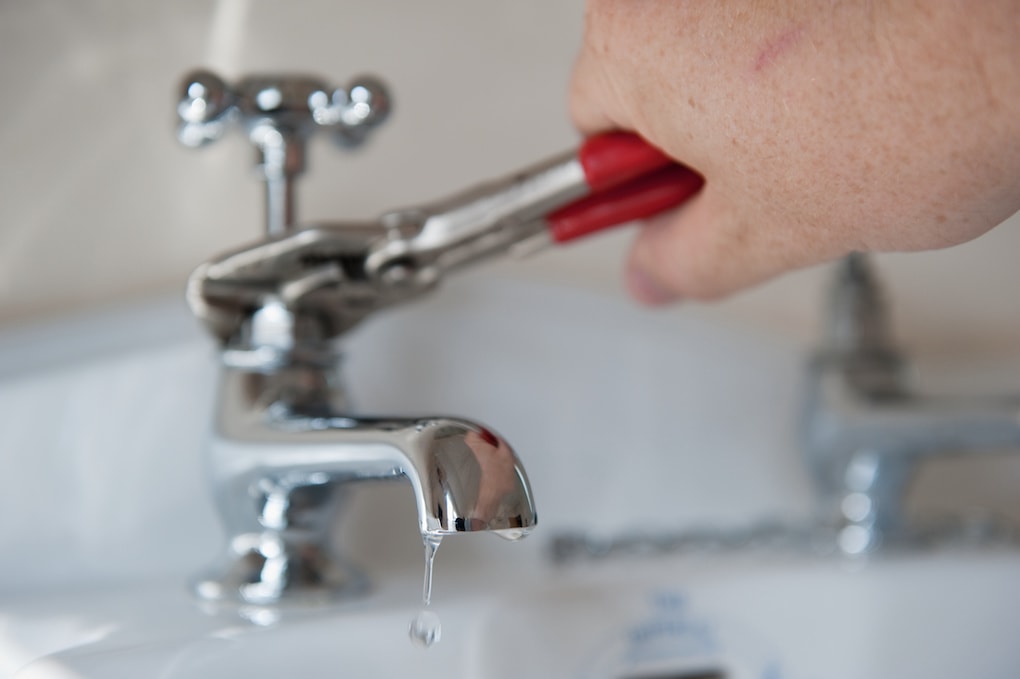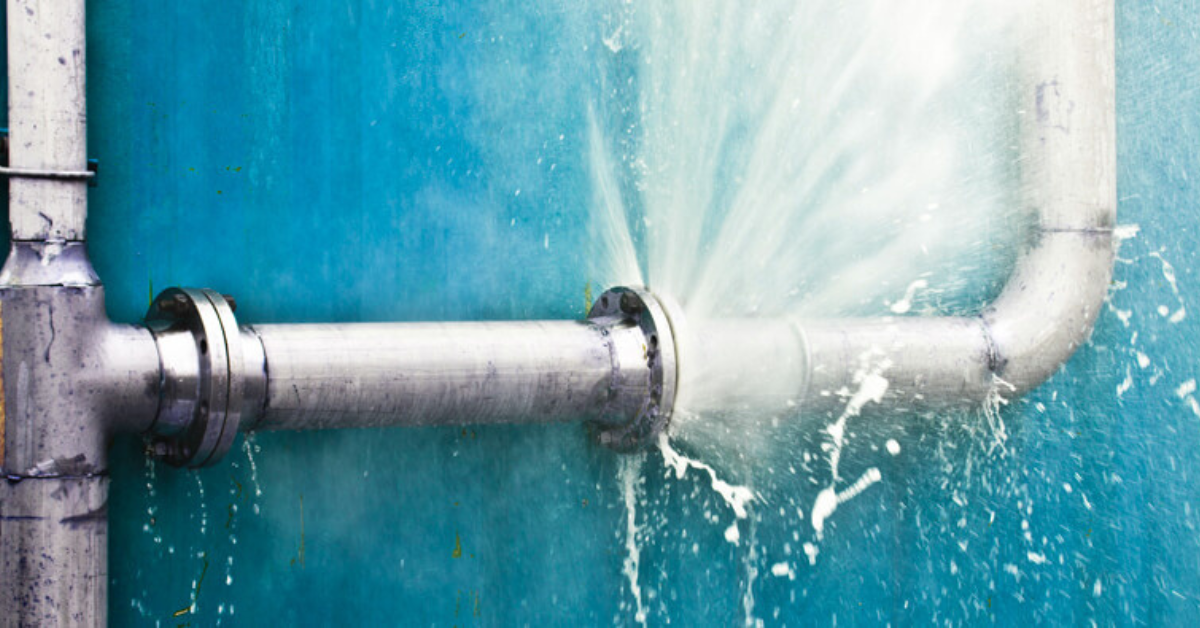Everybody will have their own unique perception involving Dealing with Low Water Pressure in Your Home.

Low water stress in your house can be a frustrating problem, influencing whatever from showering to cleaning recipes. If you're experiencing weak water circulation, there are a number of feasible causes and solutions to discover. In this overview, we'll go over typical factors for low tide pressure and useful actions to address the problem effectively.
Intro to Low Water Pressure
Low water stress happens when the circulation of water from your faucets, showers, and other components is weak than typical. This can make everyday jobs more challenging and much less effective. Recognizing the causes of low tide pressure is essential to discovering the appropriate option.
Usual Sources Of Low Water Stress
Faulty Pressure Regulatory Authorities
Pressure regulatory authorities are in charge of keeping consistent water stress in your home. If they malfunction, it can cause low water stress or uneven circulation throughout the house.
Municipal Water System Issues
Sometimes, the trouble lies outside your home. Local water supply problems, such as main line leakages or upkeep job, can temporarily minimize water pressure in your area.
Pipeline Obstructions
Over time, pipes can end up being obstructed with natural resource, sediment, or debris, limiting the flow of water. This is a common issue in older homes with galvanized steel pipelines.
Deterioration
Rust within pipes can result in leaks and decreased water pressure. Corrosion build-up can tighten water circulation, particularly in maturing plumbing systems.
Exactly How to Identify Low Water Pressure
Inspecting Pipelines
Evaluate noticeable pipes for indications of leaks, corrosion, or blockages. Take notice of any kind of uncommon noises, such as banging or rattling pipelines, which might show problems within the plumbing system.
Consulting with a Plumber
If you're unable to pinpoint the source of low tide pressure, take into consideration working with an expert plumber to carry out a comprehensive assessment. They can identify underlying problems and suggest suitable solutions.
Checking Taps and Components
Beginning by evaluating the water pressure at various faucets and components throughout your home. If the concern is separated to particular locations, it may indicate local problems.
Do It Yourself Solutions to Take Care Of Low Water Stress
Flushing Water Heater
Debris accumulation in the hot water heater can restrict circulation and minimize efficiency. Purging the tank occasionally assists get rid of sediment and keep ideal efficiency.
Inspecting Stress Regulator
Make certain that the pressure regulatory authority is working appropriately. Changing or changing the regulator can assist recover appropriate water stress throughout your home.
Cleaning Aerators and Showerheads
Natural resources can accumulate in aerators and showerheads, minimizing water circulation. Eliminate and cleanse these components consistently to improve water pressure.
Clearing Up Clogs in Pipeline
For small obstructions, try utilizing a plumbing serpent or chemical drain cleaner to clear obstructions in pipes. Beware when using chemicals and comply with safety and security standards.
When to Call a Professional Plumber
If DIY initiatives fall short to deal with the problem or if you believe significant plumbing issues, it's ideal to look for assistance from a certified plumber. They have the experience and tools to deal with complicated problems securely and properly.
Preventive Measures to Maintain Water Pressure
Installing a Pressure Booster
Think about setting up a stress booster pump to boost water stress in locations with continually reduced circulation. This can be especially advantageous for multi-story homes or residential properties with high-demand components.
Surveillance Water Usage
Be mindful of water use routines and avoid ill-using the plumbing system. Simple changes, such as staggering showers and laundry lots, can help maintain adequate water pressure.
Normal Upkeep
Set up regular maintenance for your plumbing system to avoid issues such as rust, leaks, and clogs. Addressing small issues early can assist avoid even more substantial repair services in the future.
Final thought
Handling low water stress can be discouraging, however identifying the underlying causes and applying proper remedies can recover ideal flow throughout your home. Whether it's cleaning aerators, examining pipes, or consulting with a plumber, taking positive steps can make certain a constant supply of water for your daily demands.
How to Fix Low Water Pressure In Your Home
Municipal Water Supply Issues
Scheduled maintenance, high demand, and water main breaks are all potential causes for low water pressure within a city or county’s water lines. While there’s not much you can do to personally fix a problem with your city or county’s water supply system, you can play a big role in documenting the issue and alerting those who can.
How to fix it:
Ask your neighbors if they are experiencing any issues with low water pressure. If multiple homes are affected, it’s likely related to the city’s water line. Contact the local Water Authority to see if there is any maintenance taking place that might be affecting your supply. Also let them know of your specific issues. If other homeowners report the same issues, they’ll know that there could be a larger issue to look into. Faulty Fixtures
A damaged or clogged shower head, faucet or appliance is the first thing we’d suggest checking, especially if low water pressure appears to be isolated to a specific area of your home.
How to fix it:
First, turn off the main water supply to your home. Check the affected appliances for build-up or debris. In the case of a faucet, you can simply unscrew the aerator at the tip of the faucet. Showerheads should be fully detached from the water pipe. While the appliances are detached, you may want to check the water supply to determine if the fixtures were in fact the issue. To clean, soak the showerhead or aerator in vinegar and brush off any visible debris. Reattach the fixtures and check the water pressure again. If it is still low, there is likely a deeper issue at hand, which can be determined by a professional plumber. Pipe Obstructions
Mineral deposits, rust or other debris within water pipes can lead to blockages or corrosion over time.
How to fix it:
When you think of a clog, you probably think of a drain clog. While there are many DIY solutions to clearing a drain, clogs in a water pipe will almost always require the help of a professional plumber. A plumber will be able to locate the affected pipe and clean out any debris or mineral deposit buildup. In severe cases, the pipe may need to be replaced. Your plumber might also recommend a water softening system to remove the minerals from your home’s water supply that can contribute to pipe blockages over time.
Plumbing Leak
Undetected water line leaks can divert water away from your residential pipes, reducing the water pressure in your fixtures.
How to fix it:
Check your water meter by turning off all water sources and monitoring the meter for any movement, which could be a clear indicator of a potential leak. Check all visible pipes for signs of leaking, including water stains, active dripping or damp spots around the pipe. Inspect fixtures, including faucets and showerheads, for any drips. Test the pressure but recording the pressure with the main water valve shut off. Leave off for a few hours and test again. A significant drop in pressure is a clear sign of a leak. https://kiddcoplumbing.com/plumbing-blog/how-to-fix-low-water-pressure/

As a fervent reader about 9 Reasons for Low Water Pressure in Your House, I was thinking sharing that piece of content was sensible. Sharing is nice. You never know, you may be doing someone a favor. Thank you for going through it.
Website